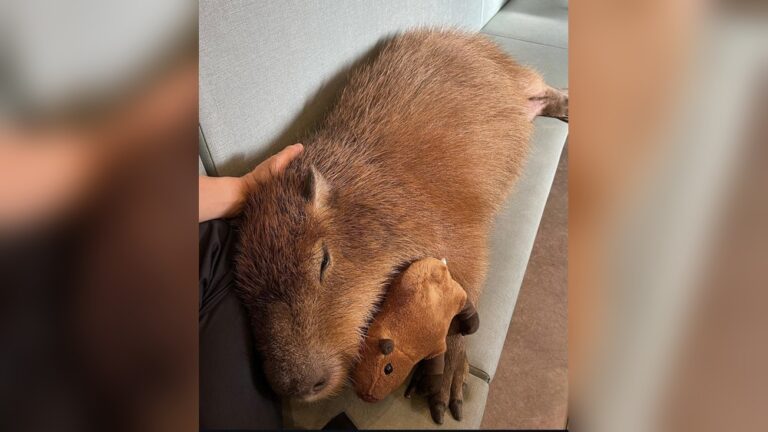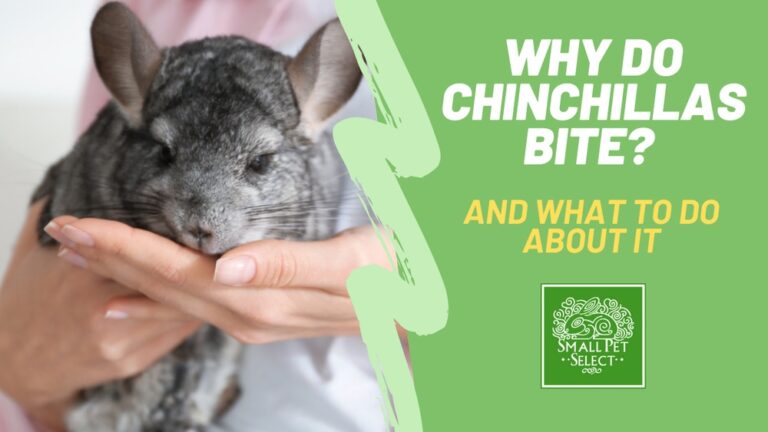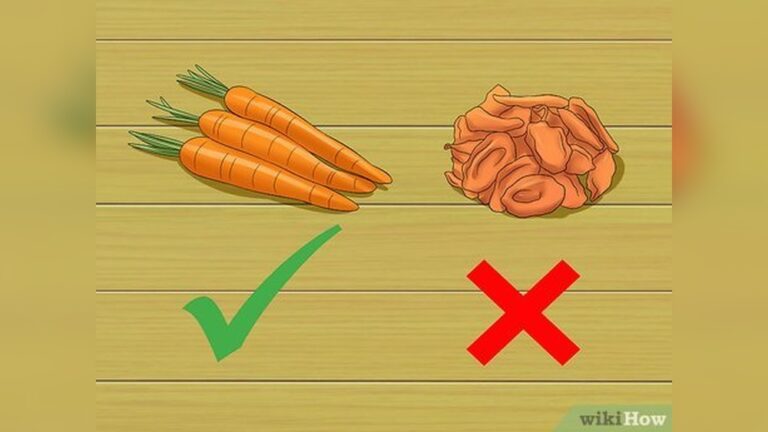What Do Rodents Eat? : Surprising Foods That Attract Them
Have you ever wondered what rodents eat and why they choose certain foods over others? Understanding their diet can help you protect your home, keep your garden safe, or simply satisfy your curiosity about these small creatures.
You’ll discover the surprising variety in rodent diets and learn how their eating habits affect the world around them. Keep reading, and you’ll gain insights that might change the way you see these tiny, often misunderstood animals.

Credit: www.automatictrap.com
Common Rodent Diets
Rodents eat many types of food. Their diet depends on where they live and what is easy to find. Most rodents are not picky. They eat seeds, fruits, vegetables, and sometimes even small animals. Understanding what rodents eat helps us know their habits and how to manage them.
Here are some common foods that rodents enjoy.
Seeds And Grains
Seeds and grains are a favorite food for many rodents. They provide good energy and nutrients. Rodents often gather seeds from plants or leftover grains from human food. Some rodents, like squirrels and mice, store seeds for winter. This diet helps them survive when food is scarce.
Fruits And Vegetables
Fruits and vegetables offer important vitamins and water. Rodents eat berries, apples, carrots, and leafy greens. These foods are easy to find in gardens and forests. They also help rodents stay healthy and strong. Many rodents eat fresh plants during the warmer months.
Insects And Small Animals
Some rodents eat insects and tiny animals. This is common for species that live in forests or near water. Insects give extra protein and fat. Rodents like grasshoppers, beetles, and worms. Eating small animals helps them get enough nutrients, especially in tough seasons.
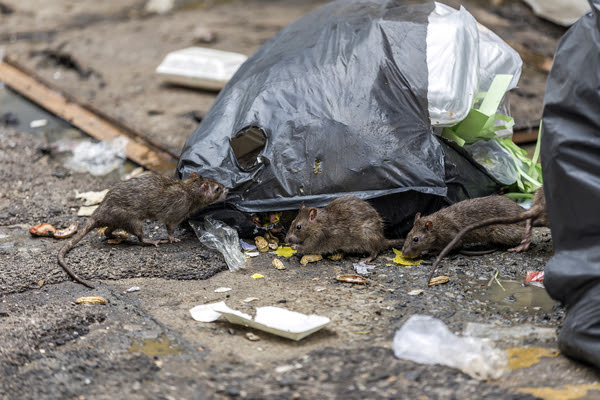
Credit: www.griffinpest.com
Unexpected Foods That Attract Rodents
Rodents are not picky eaters. They often go for foods you might not expect. Understanding these unusual attractions helps keep them away. Here are some surprising foods that attract rodents into homes.
Pet Food And Birdseed
Pet food is a big draw for rodents. It is rich in nutrients and easy to find. Left out bowls or spilled food invite rodents inside. Birdseed is another favorite. Outdoor feeders scatter seeds on the ground. This creates a perfect snack spot for rodents nearby.
Leftover Human Snacks
Crumbs and scraps from snacks attract rodents quickly. Chips, cookies, and candy are tasty treats for them. Even small bits left in trash cans or under furniture can lure rodents. They love sugary and salty flavors, making snacks an easy target.
Household Items And Packaging
Rodents chew on more than food. Cardboard boxes, paper bags, and plastic packaging also attract them. These items offer nesting materials and sometimes hidden food. Chewing helps rodents keep their teeth sharp and healthy.
Why Rodents Choose Certain Foods
Rodents do not eat randomly. Their food choices depend on several key factors. These factors help rodents survive and stay healthy in their environment. Understanding why rodents pick certain foods reveals much about their behavior and habitats.
Nutritional Needs
Rodents need specific nutrients for energy and growth. They look for foods rich in proteins, fats, and carbohydrates. Vitamins and minerals also play a big role. These nutrients help rodents build strong bodies and fight diseases. For example, seeds provide fats and proteins, while fruits offer vitamins. Rodents adjust their diet to meet their body’s demands.
Food Availability And Seasonality
Rodents eat what is easy to find. Food changes with the seasons and location. In spring, fresh plants and berries are common. In winter, rodents rely on stored seeds or bark. Some rodents gather food to save for tough times. Their diet shifts based on what is around them. This flexibility helps them survive year-round.
Scent And Taste Preferences
Rodents have strong senses of smell and taste. These senses guide them to safe and tasty foods. They avoid spoiled or bitter items. Sweet and nutty flavors often attract them. Their taste buds help decide if food is good or bad. Scent marks from other rodents can also signal safe food spots. This keeps them safe and well-fed.
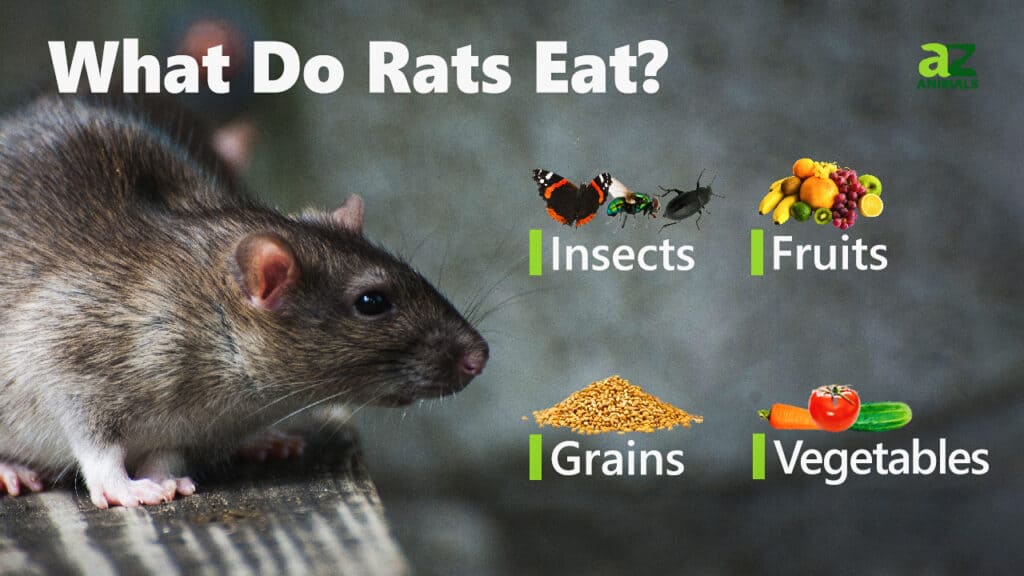
Credit: a-z-animals.com
Foods That Deter Rodents
Rodents eat many foods, but some smells and tastes keep them away. Certain plants and spices work as natural repellents. These foods do not feed rodents but instead scare them off. Using these items can help protect your home and garden.
Strong-smelling Herbs
Herbs like peppermint, lavender, and rosemary have strong smells. Rodents dislike these scents and avoid places where they grow. Planting these herbs around your home can act as a natural barrier. You can also use their oils to spray areas where rodents appear.
Certain Spices
Spices such as cayenne pepper and black pepper irritate rodents. Sprinkling these spices near entry points can keep rodents from entering. The spicy smell and taste are unpleasant for them. Use these spices carefully to avoid affecting pets or children.
Non-food Items
Some non-food items repel rodents effectively. Items like steel wool and mothballs create barriers rodents do not cross. Placing steel wool in small holes stops rodents from entering. Mothballs release strong fumes that rodents dislike. Use these items with caution and follow safety guidelines.
Tips To Prevent Rodent Attraction
Rodents are attracted to easy food sources and shelter. Taking simple steps can help keep them away. These tips focus on food and home care to reduce rodent visits.
Proper Food Storage
Store food in sealed containers. Use metal or thick plastic jars. Avoid leaving food open on counters or tables. Keep pet food sealed too. This stops rodents from smelling and reaching food.
Cleanliness And Waste Management
Clean kitchen surfaces daily. Do not leave crumbs or spills. Take out trash regularly. Use bins with tight lids. Keep outdoor garbage away from doors and windows. This removes food sources and hiding spots.
Sealing Entry Points
Check walls, doors, and windows for gaps. Use steel wool or caulk to close holes. Fix torn screens and broken vents. Seal cracks around pipes and cables. Blocking entry points stops rodents from entering your home.
How Smart Pets Lover Can Help You with What Do Rodents Eat?
Learning from Rodents’ Food Preferences: Practical Insights for Every Pet Parent
Understanding what rodents eat offers more than just curiosity—it opens doors to practical learning about animal behavior and pet care. When we explore common rodent diets alongside unexpected foods that attract them, we gain valuable clues on how to create safer, rodent-free spaces for our homes and pets. For example, knowing why rodents choose certain foods helps us identify which pantry items need extra protection or which garden plants might unintentionally invite these little visitors.
At Smart Pets Lover, we believe every pet parent can feel confident and connected by observing these natural habits. Whether you’re caring for a small pet rodent or managing your household’s food storage, applying tips to prevent rodent attraction becomes a simple, research-backed step toward harmony between humans and animals.
- Keep food sealed tightly to reduce unexpected rodent interest.
- Introduce natural deterrents that align with your family’s lifestyle.
- Observe changes in rodent behavior to better understand their food choices.
For more insights or specific concerns about rodents and pet safety, reaching out to local wildlife experts or pest professionals can be a helpful next step. Remember, every little wag, purr, and chirp tells a story—so let’s learn and care with heart and knowledge.
Frequently Asked Questions
What Types Of Food Do Rodents Commonly Eat?
Rodents typically eat seeds, fruits, vegetables, nuts, and grains. Some also consume insects and small plants. Their diet varies by species and habitat, but they prefer easily accessible, high-energy foods to sustain their active lifestyles.
Do Rodents Eat Human Food Or Leftovers?
Yes, rodents often eat human food and leftovers. They are opportunistic feeders and can adapt to various environments. This makes kitchens, trash bins, and stored food common targets for rodents searching for easy meals.
How Do Rodents’ Diets Affect Their Behavior?
Rodents’ diets influence their activity and nesting habits. High-energy foods increase their activity levels. Scarcity of food can lead to aggressive behavior and increased foraging, which may cause them to invade homes and other human spaces.
Can Rodents Survive On Plants Alone?
Many rodents can survive on plants alone, especially herbivorous species. They eat leaves, stems, and roots. However, some rodents need protein from insects or other sources to maintain a balanced diet and stay healthy.
Conclusion
Rodents eat many types of food every day. They enjoy seeds, fruits, vegetables, and grains. Some rodents also eat insects or small animals. Knowing what rodents eat helps in keeping them safe or away. Their diet can change based on where they live.
Watching their eating habits reveals a lot about their needs. Rodents play a role in nature by spreading seeds and helping plants grow. Understanding their food helps us live better with them. Simple food choices make a big difference for these small creatures.

